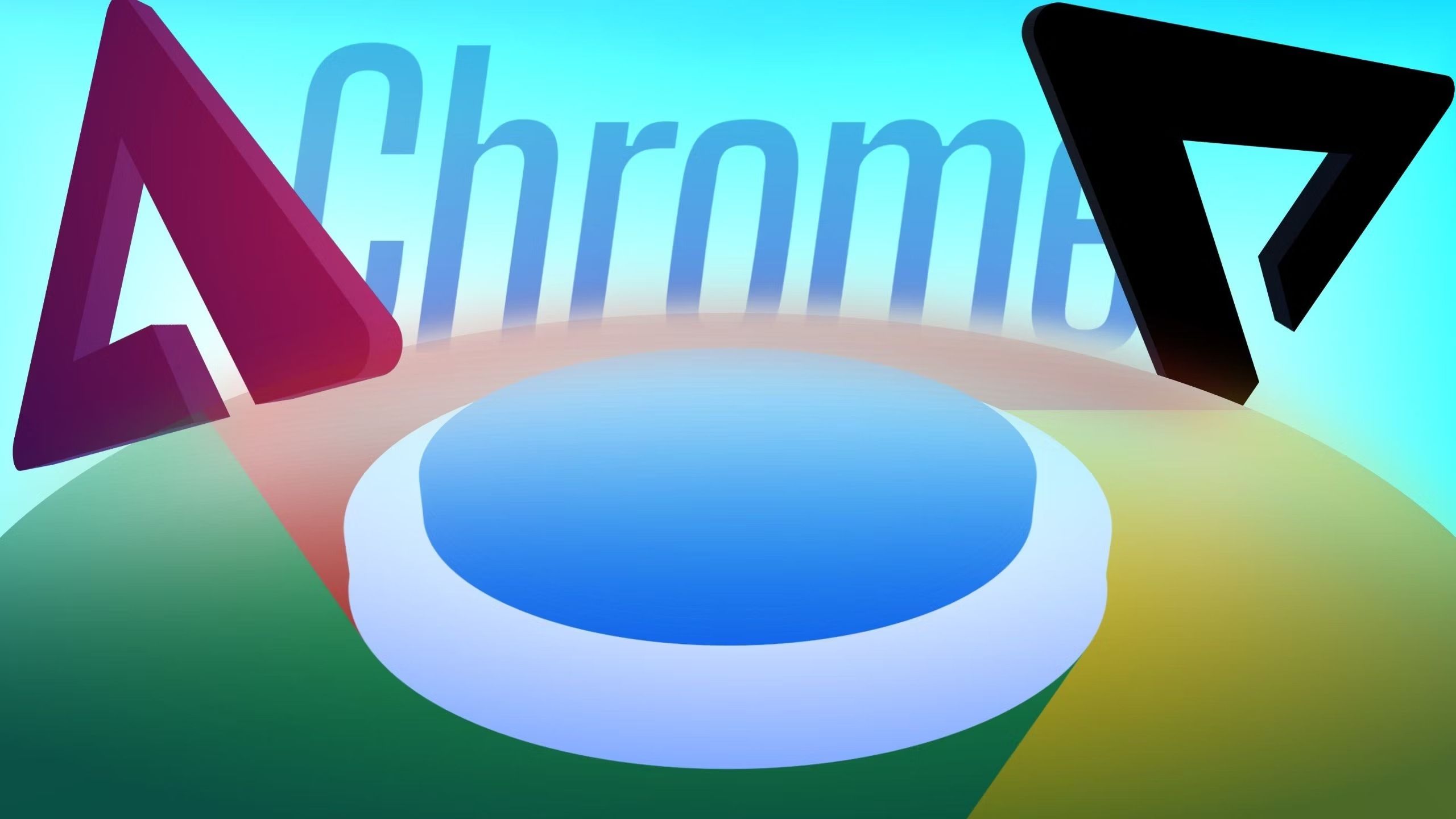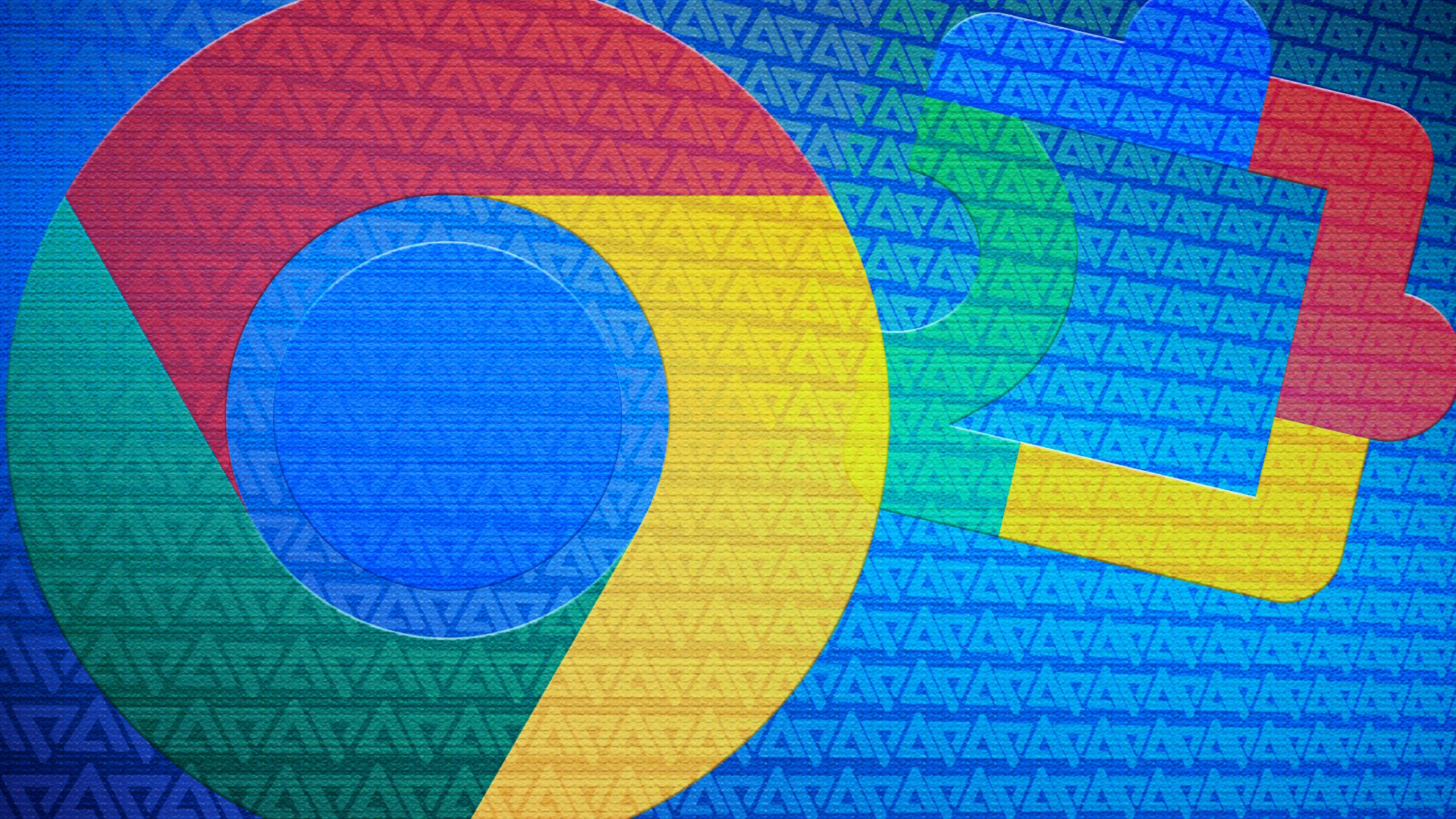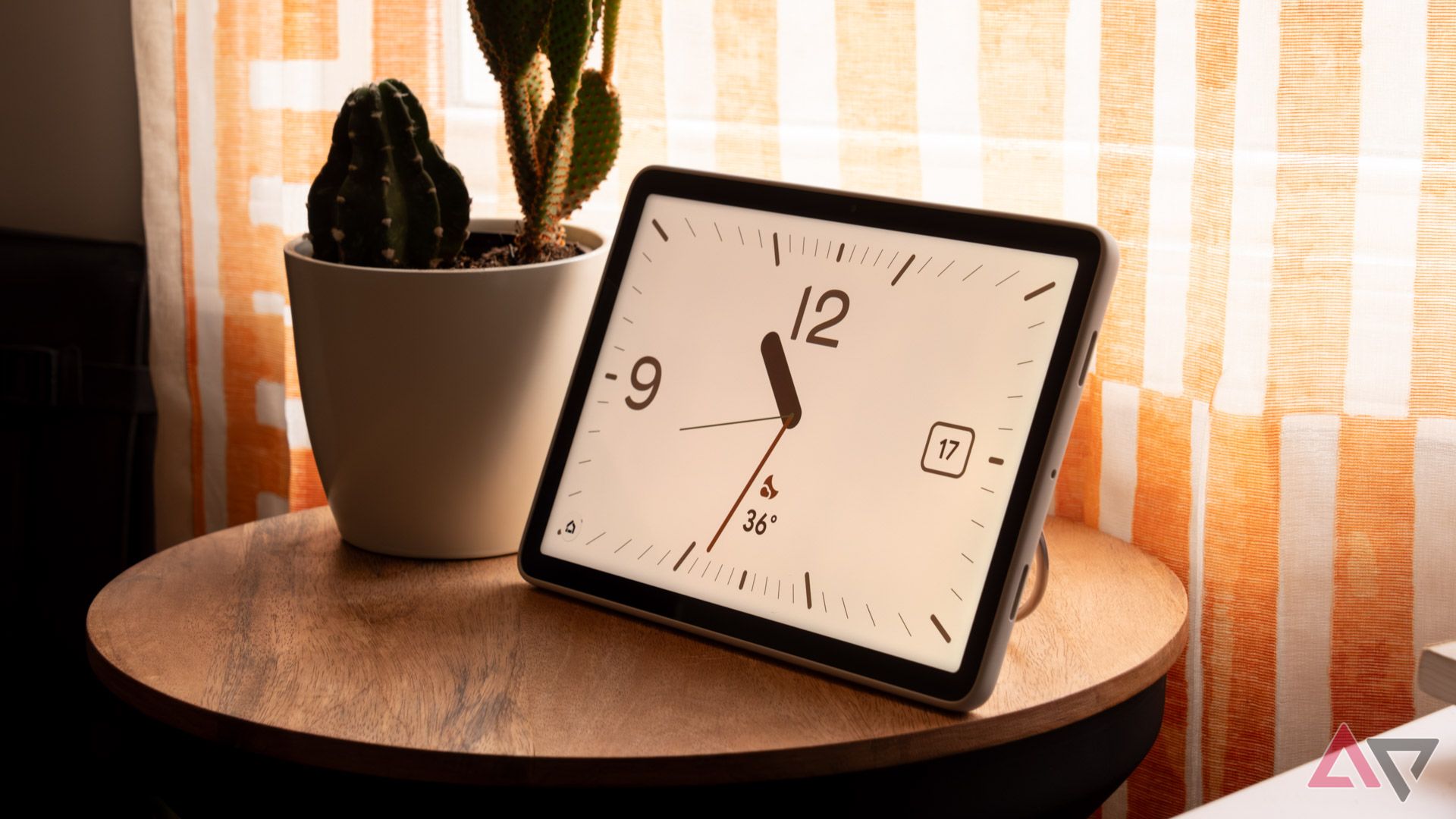It’s been a big week for Google, for good and bad reasons. The company’s outright confirmed that Android 16 will roll out in the second quarter of 2025, potentially setting a precedent that could help Google gain an edge in phone sales over Apple. A developer preview for Android 16 is available right now, too.
On the other hand, the US Department of Justice might actually forcibly break Google up. In a bid to weaken Google’s stranglehold over the online search industry, DOJ has proposed Google sell off its Chrome browser and end deals like the one that sees Google as the default search engine on rival browser Safari.
Welcome to Compiler,
your weekly digest of Google’s goings-on. I spend my days as Google Editor reading and writing about what Google’s up to across Android, Pixel, and more, and sum it up right here in this column. This is the Google news you need to understand this week.
Developers are already using Android 16
We’ve known for a while that Android 16 would arrive ahead of Google’s established schedule; Google confirmed in late October that a major SDK release was slated for the second quarter of next year. This week, the company explicitly confirmed that Android 16 is targeting a stable rollout in 2Q25, with the new version expected to reach platform stability in the first quarter. That’s not all: the developer preview period is underway, and DP1 is available to download right now. (I co-wrote AP’s guide for installing it, but unless you’re a developer, you should wait for the beta — DP builds are notoriously unstable.)
Google’s been releasing major Android updates in the fall for years, so why the change in timing with Android 16? In its announcement blog post, the company says the adjustment is “to better align with the schedule of device launches across our ecosystem, so more devices can get the major release of Android sooner.” This year’s Pixel 9 series launched with Android 14; Android 15 didn’t land until weeks later, in October. Assuming Google wants to keep releasing new phones in the summertime, launching new Android versions in the spring will ensure that hardware doesn’t launch with software that’s about to be obsolete.
If I had to guess, the impetus for the entire shift — launching both hardware and software earlier in the year — must be to get out ahead of rival Apple, who releases new iPhone models in the fall. With shiny new Pixel devices available in August, complete with fresh software, Google may be able to pick off shoppers who would’ve otherwise upgraded to a new iPhone in September. The Pixel 9 series launch saw historically strong sales for Google; it can’t have hurt that the Pixel 9 beat the iPhone 16 to market by a full month. Continuing to release new Pixels ahead of new iPhones is a smart move.
Another interesting wrinkle to the Android 16 release timeline: it seems like the Pixel 6 will get the update, despite Google’s official commitment to Android OS upgrades for the phone ending last month. Although the Pixel 6 was only guaranteed Android version updates for three years from its on-sale date, it’s currently eligible for the Android 16 developer preview program, which makes stable Android 16 seem like a lock — without an update to stable, Pixel 6 devices enrolled in the developer preview would either be stuck on pre-release software or have to roll back to Android 15 after the DP period ends.
It’s commendable that Google seems to be extending software support for the Pixel 6. It makes me wonder about the Pixel 7, which also missed the boat for Google’s recent seven-year update commitment that applies to the Pixel 8 and 9 series, and is out of guaranteed Android OS upgrades in October 2025. If the Pixel 6 gets Android 16 next year, I’d expect the Pixel 7 to get Android 17 the year after — but we’ll have to wait and see.
Why does the DOJ want to spin Chrome out of Google?
Source: Google / Android Police
A US federal judge ruled in August that Google had created a monopoly in online search, and that it was using its dominant position in that market to prevent competitors from getting a foothold. Now, as a remedy for that monopoly, the Department of Justice has proposed that Google sell off its Chrome browser and stay out of the browser game for at least five years. That might seem like a roundabout solution, but the intention is to weaken Google’s position in the search market, and losing control of Chrome could conceivably make a dent.
Chrome’s default search engine is, naturally, Google — when you type anything other than a URL into the browser’s address bar, by default, Chrome will search for it on Google. It’s possible to change that default, but that’s a step average users won’t take, if they’re even aware of it. The DOJ’s proposal reads in part that Google should “divest Chrome, which will permanently stop Google’s control of this critical search access point and allow rival search engines the ability to access the browser that for many users is a gateway to the internet.” Owned by a company that doesn’t control its own search engine, Chrome would presumably present a selection of search engines during setup.
Another of the DOJ’s recommendations: ending Google’s search deal with Apple. Google pays Apple boatloads of money — $20 billion in 2022 — to provide the default search engine in the company’s Safari browser. Absent this deal, Safari would either default to a different search engine or offer users their pick of engines during the setup process. Apple may even feel compelled to spin up its own internet search engine — an outcome that would very directly lead to the kind of competition DOJ is trying to foster.
For its part, Google paints DOJ’s proposals as government overreach that will negatively impact the lives of people who use Google products. In a blog post, Google’s chief legal officer Kent Walker calls the DOJ proposal “extreme” and “wildly overbroad.” Walker says Google will put forth alternative proposals next month and make a “broader case” in 2025. We could still be years away from any material changes coming from this case — keep an eye on AP in the weeks and months to come for updates.

Latest development
DOJ wants Google to sell Chrome to end its search monopoly
It also wants to regulate Android
Google might be giving up on tablets — again
Google’s history with tablets has been complicated. The company’s first and arguably most successful tablet, the Nexus 7, was released more than a decade ago. The Chrome OS-based Pixel Slate, released in 2018, was so poorly received that Google said it was throwing in the towel on tablet hardware. That is, until last year’s Pixel Tablet — an Android tablet-smart home hub hybrid with dated hardware and a surprisingly high price tag ($499 all-in, if you want the trademark Charging Speaker Dock).
Now, in a report for Android Authority, Mishaal Rahman says that the Pixel Tablet 2 may never be released. An insider source tells AA that Google’s Tensor G4-based tablet codenamed Kiyomi has been scrapped. In light of previous reporting that said that the second-gen Pixel Tablet would have kept the same general look and feel as the first while making upgrades to aspects like its chipset and cameras, I can’t say I’m disappointed or surprised. The original Pixel Tablet wasn’t a bad device, but it also isn’t competitive — the redesigned 10th-gen iPad starts at $349. Even without its dock, the Pixel Tablet retails for $399.

From the AP Phones Editor
The Pixel Tablet 2’s cancelation fiasco proves Google’s lack of commitment
Why isn’t this idea a slam dunk?
Barring a considerable price cut on the second-gen Pixel Tablet, I don’t think a minor generational refresh could’ve saved the Pixel Tablet 2 from the same fate as the original. What was initially planned as the third-generation Pixel Tablet is reportedly still coming in 2027. If that version lands with modern hardware and a more compelling value proposition than the original, it could be a hit — but 2027 is a long time from now, and Google might decide the project is more trouble than it’s worth. To quote Phones Editor Will’s write-up, “I’ll believe it when I see it.”




